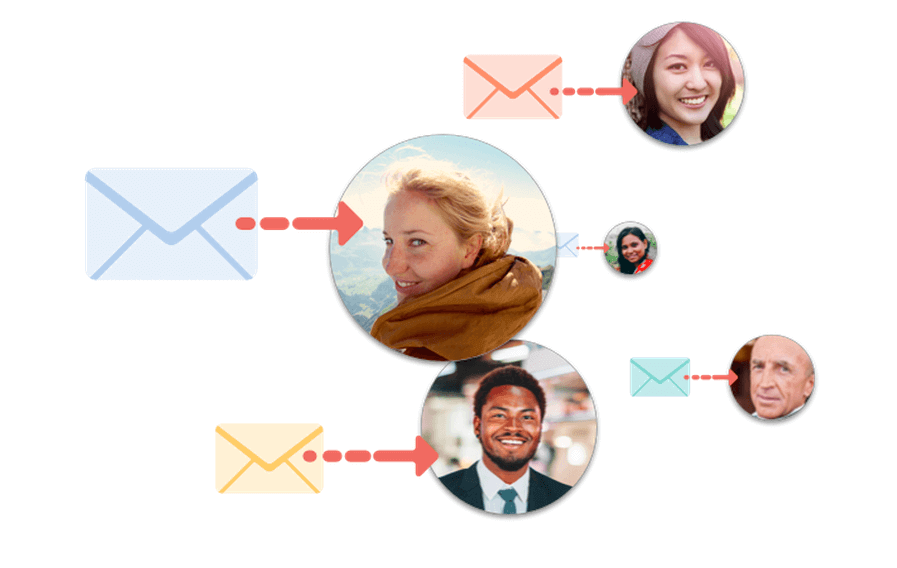
Consumer expectations are constantly evolving. As such, Google Travel has named our modern time “the age of assistance.” This term doesn’t refer to traditional customer service, but the multi-layered communications approach required by nearly every brand with customers.
Most travel brands like airlines have jumped on board with this multi-layered approach. As a result, travelers have far higher expectations, even compared to just five years ago. Those expectations are so high because airlines, OTAs, and Airbnb have taken charge and set them there with tailored pre-trip communications.
But the reality is, we’ve noticed that hotels, especially independents and small groups, are not optimizing communications with guests between the booking confirmation and the day they set foot on the property. Hoteliers are missing the opportunity to build the brand relationship between the hotel and its guests, as guests have come to expect, and are missing out on the opportunity to create upsell opportunities.
Think about it. Pre-travel emails, texts, and push notifications are standard practice for airlines — even budget airlines — to reach out regularly to travelers after the booking and in the weeks and days leading up to a flight.
This is why hotels need to get with the times. While this might be daunting for hotels with fewer resources, the great part is, this kind of pre-trip communication series can be totally automated. Your marketing and/or ops team puts in the effort once to create the communication series, and that’s it. The messages run in the background, and you rake in the extra revenue and delight guests with no additional effort.
Here’s how this communication series might look to your guests:
1. Secure the Double Opt-in
As of May 25, 2018, the European Union’s new privacy law, the General Data Protection Regulation (GDPR), went into effect. The law aims to protect the privacy rights of European Union (EU) citizens through stricter, more defined requirements for handling and processing personal data. GDPR also requires that companies obtain explicit consent from all EU consumers over how their personal data is used. Non-compliant companies will see fines up to 20 million euros or 4 percent of annual turnover (whichever is greater).




